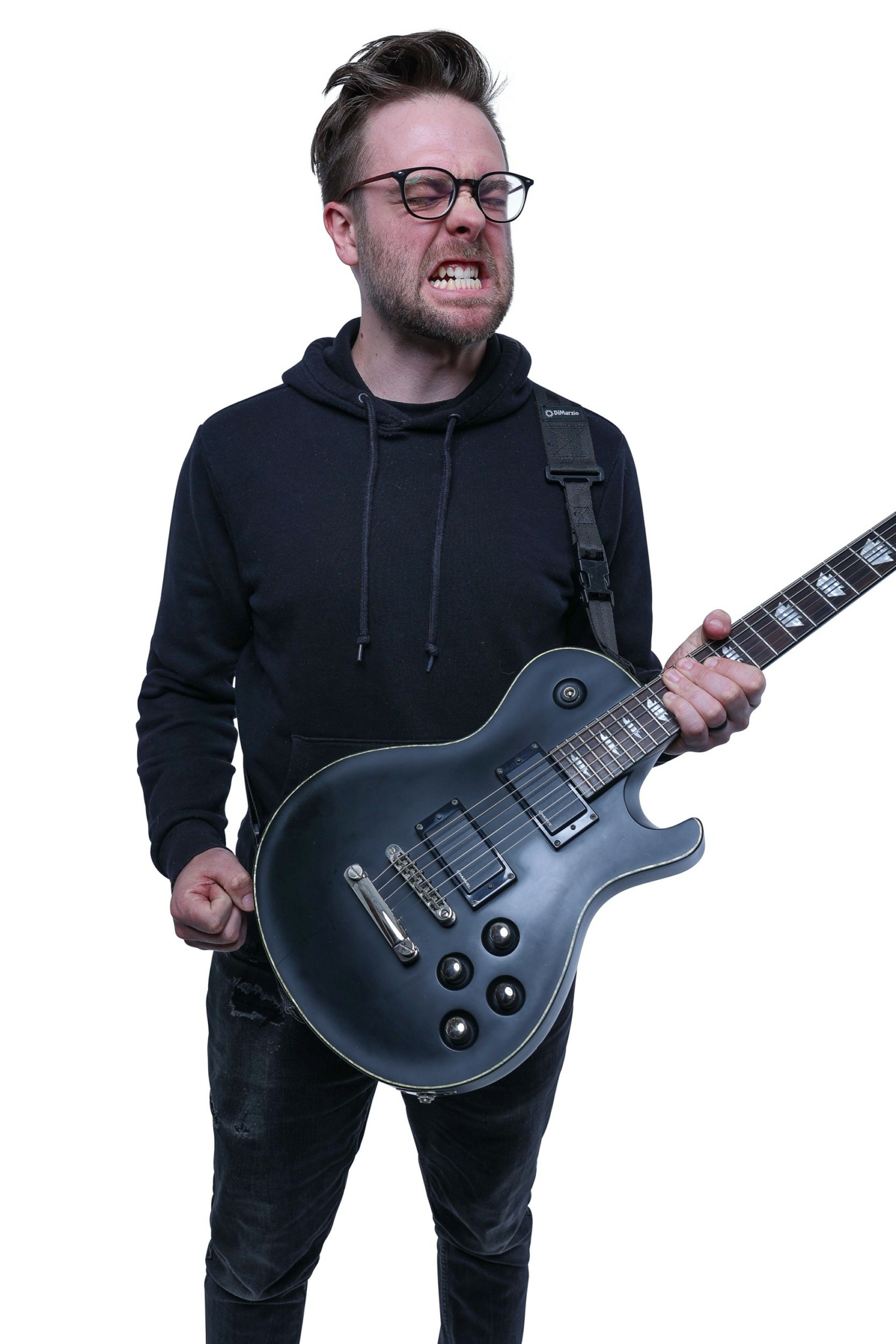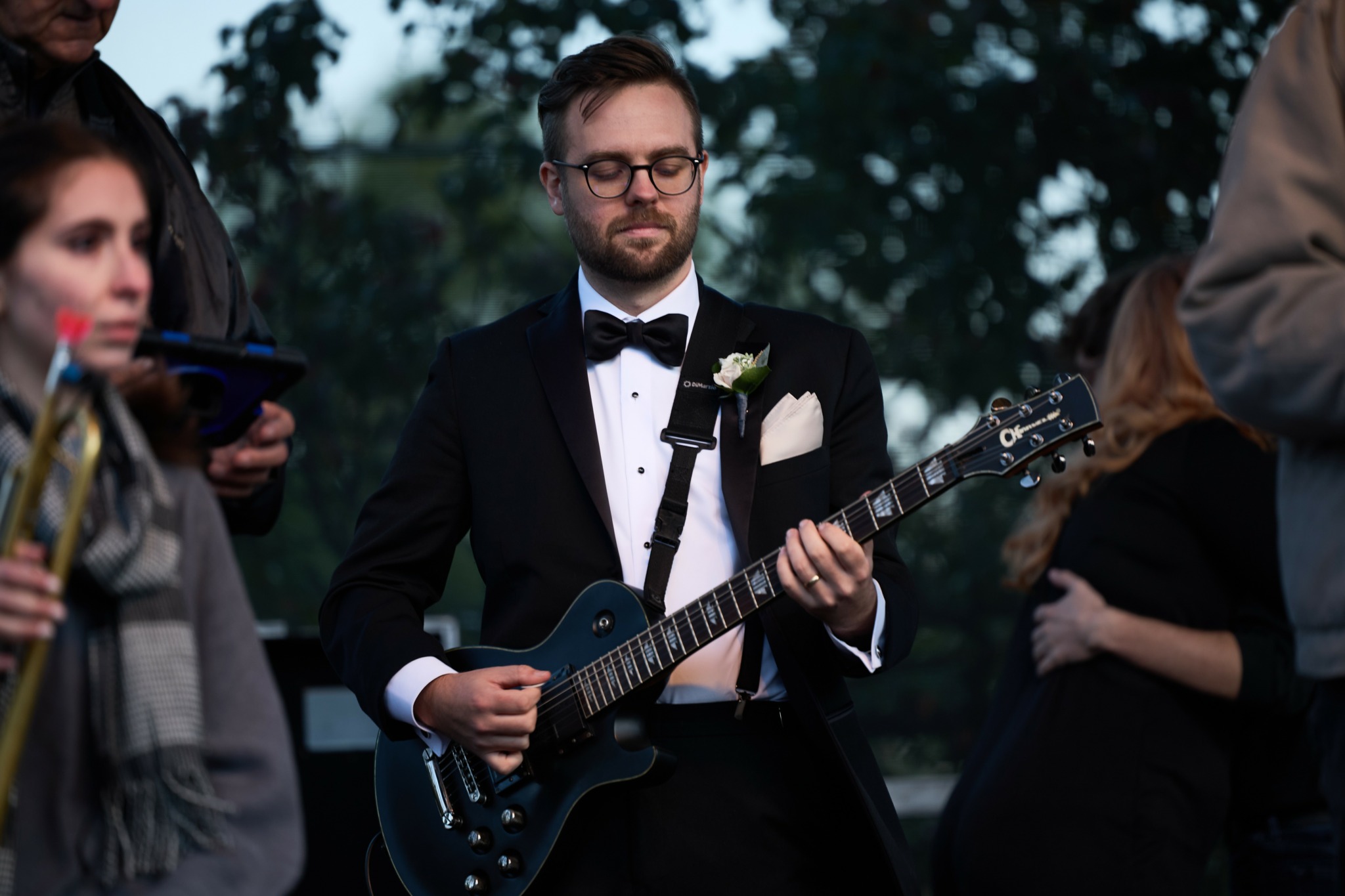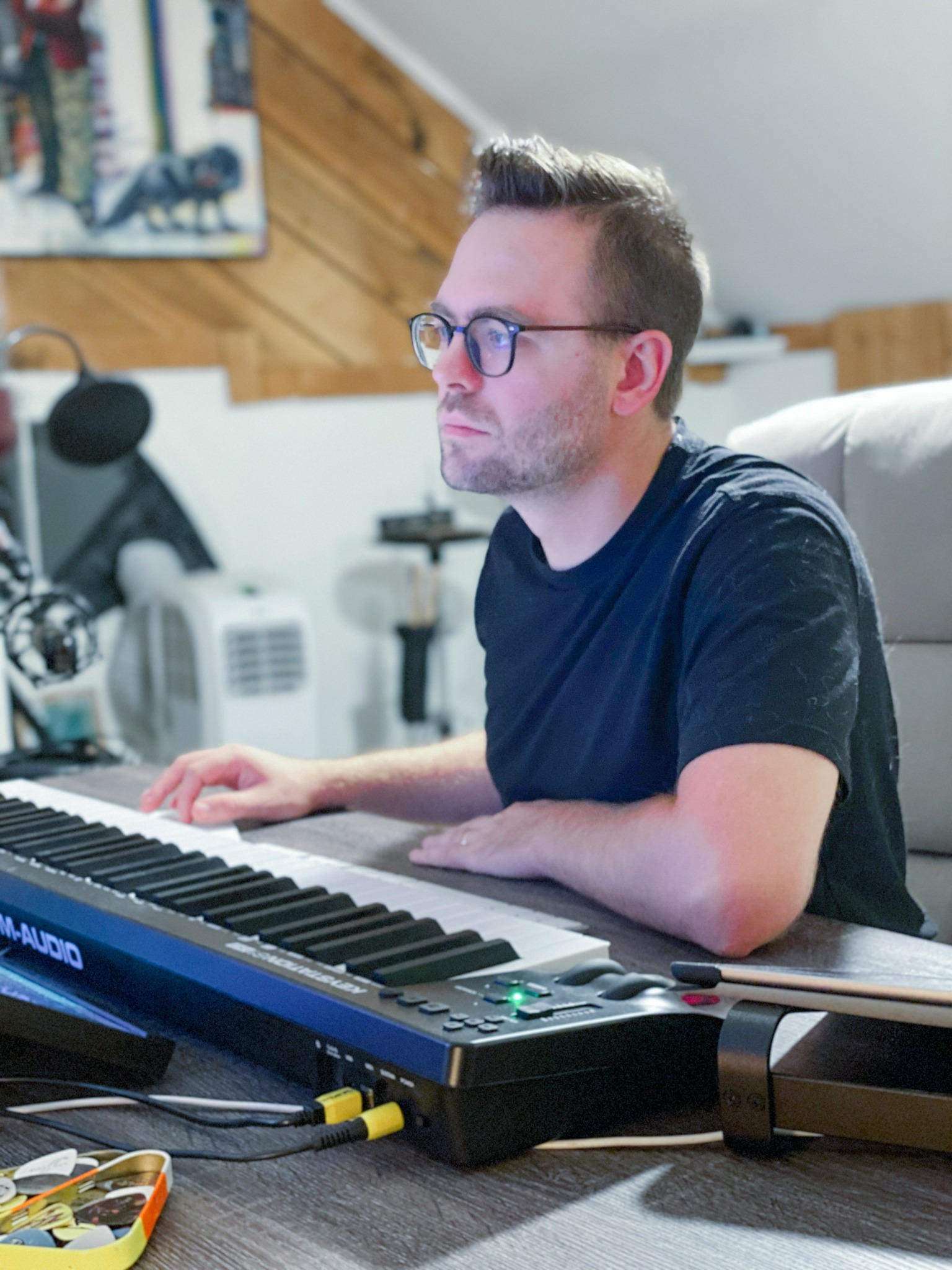We’re excited to introduce you to the always interesting and insightful Sam Kelly. We hope you’ll enjoy our conversation with Sam below.
Hi Sam, thanks for joining us today. Can you talk to us about a project that’s meant a lot to you?
I’m grateful to be in a pretty unique position as a composer where I can essentially pick what projects I want to work on. Because of that, I really try to stick to stuff that I think is important. I’ve done a lot of work in the education world, and I’m working on a documentary right now about Australian wildlife! Although I love a god epic narrative, I really think most of the documentaries I’ve done are the stories that REALLY need to be told.
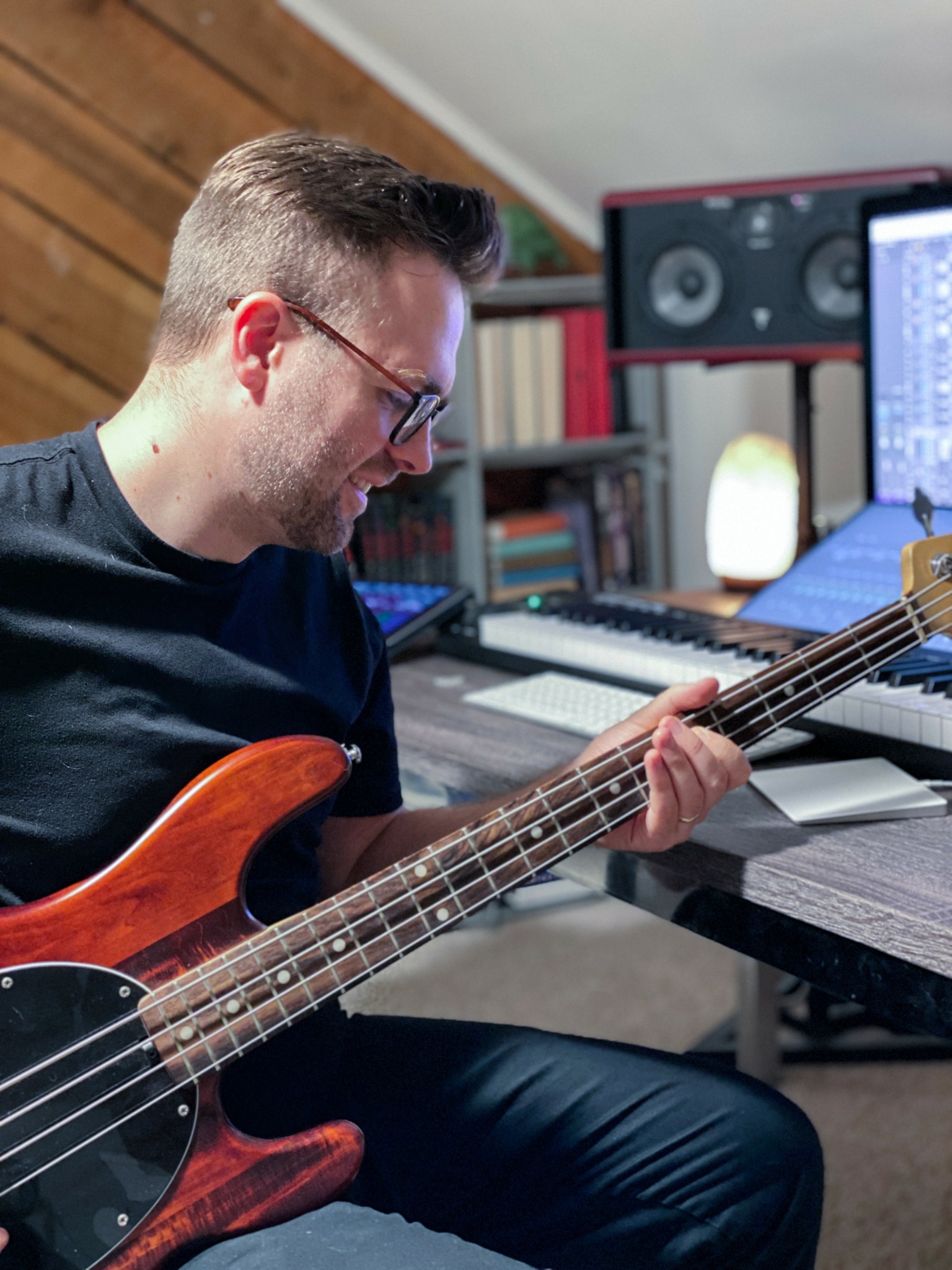
Sam, before we move on to more of these sorts of questions, can you take some time to bring our readers up to speed on you and what you do?
I’m Sam! I’m a composer of some sort, in that most of my success has come from films and other forms of media. But truthfully, I like to be involved in music wherever I can. I write for bands and solo artists just as much as I sit down with directors, and I think that kind of diversity keeps me limber.
I think I’ve always known that I didn’t want to stick to one aspect of music. I started out the same way everyone else does, playing in bands in my friends’ basements. Eventually, that grew into pirating a copy of Logic 9 (I own it now) and writing/recording for my own bands and a couple other bands in the area. Even though I didn’t want to JUST play or JUST write, I definitely knew I wanted it to always be collaborative. My secret back in the day was that even if I was the one being “hired” I’d still learn a new little something from whoever I was working with. At the very least, it gave me practice in understanding how a piece of music should “fit together” in someone else’s mind, and then bringing those ideas out.
I think that collaborative mindset and ability to sort of get what someone is looking for, even if they can’t articulate it, has really helped me out in every job. I’d say I’m pretty confident in my musical decisions (eventually) and being able to communicate them directly to whoever I’m working with solves a lot of problems before they even arise.
Of course music is only half of it. Honestly, being a good communicator in general is just as important, if not more so. I know this for sure because I was a BAD communicator until my wife fixed me. I’m sure I wasn’t an easy project but she was very patient.
I’m definitely proud of where all this stuff has taken me. I’ve worked on some amazing film projects, produced for some artists that I really like, and started consulting for touring acts that are trying to make the most out of their tech. My band, Big Fat Meanies, has played NAMM twice now, and the people we’ve met from playing all over the country have been some of the coolest people of all time. I’m always looking to use those experiences in my next projects, and I’m always on the lookout for a director or artist that thinks we might be a good fit. Hit me up on Instagram!
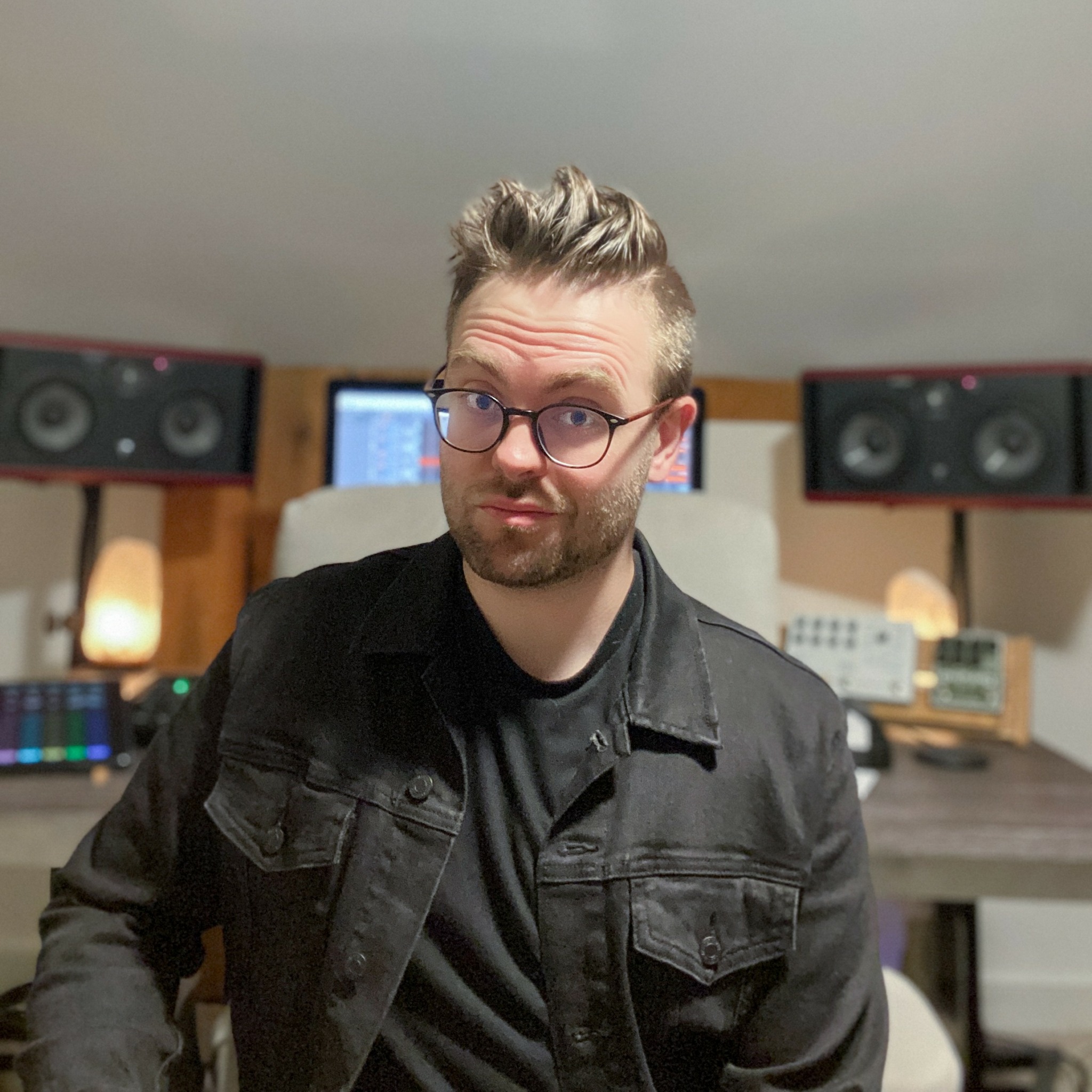
What can society do to ensure an environment that’s helpful to artists and creatives?
I get asked this question a lot. And honestly, I think it’s kind of obvious.
I definitely think a community should support the idea of art at a young age. Music and art classes in school are SO important, and the constant budget cuts that I see are 0% helpful and 100% hurtful. Those classes are where kids learn that they have the ability to get really good at something they’re interested in. It doesn’t even have to be music! Even if a kid isn’t destined to be Beethoven, a good art teacher will still reinforce the idea that you can find a passion, practice it, and achieve.
But when it comes to people like me, I think society needs to work the opposite way. Music is a form of entertainment, and creates the same joyous connection between people as any other type of entertainment. People love going to football games, concerts, parties, museums, or whatever together. By helping us, we are helping you create a happier community.
That said, when it comes to supporting artists, I think we need to change our mindset a little bit. Music businesses are indeed businesses, and if we’re going to be supported the same way other businesses are, then we have to learn how to operate like a business. If we can do that, we’ll have a better chance of convincing those with decision making power that artists provide the same joyous connection that a football game or a local park does.
Basically, I don’t expect the local government to support the local theater out of the goodness of its heart. But I do expect it to support a well run local theater that clearly provides a net benefit to the community. Unfortunately, in sometimes it’s up to us to help them understand that.
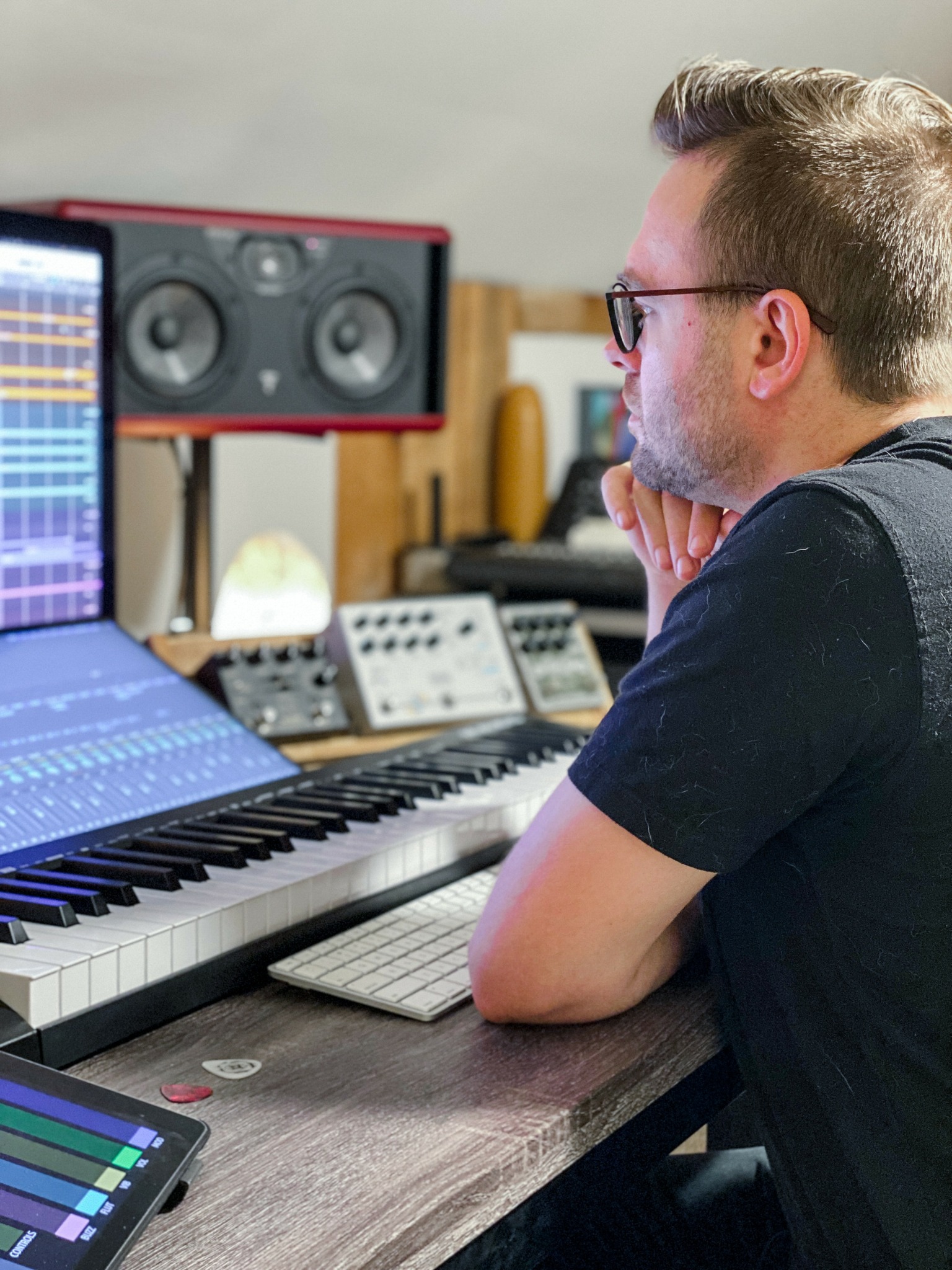
Can you share your view on NFTs? (Note: this is for education/entertainment purposes only, readers should not construe this as advice)
I mean, I gotta respect the hustle! It really depends. If an NFT creator and buyer truly feels like they are exchanging something valuable and they get true joy from it, who am I to discredit that or question its value?
However, I personally wouldn’t be caught dead with an empty bank account and a bored ape on my screen.
Contact Info:
- Instagram: Djam_Djelly
- Other: https://open.spotify.com/artist/7HFjls8vJuHxNrBdKky3Jz?si=wDZ0Fv1JT-Od2qMrMtLwug
